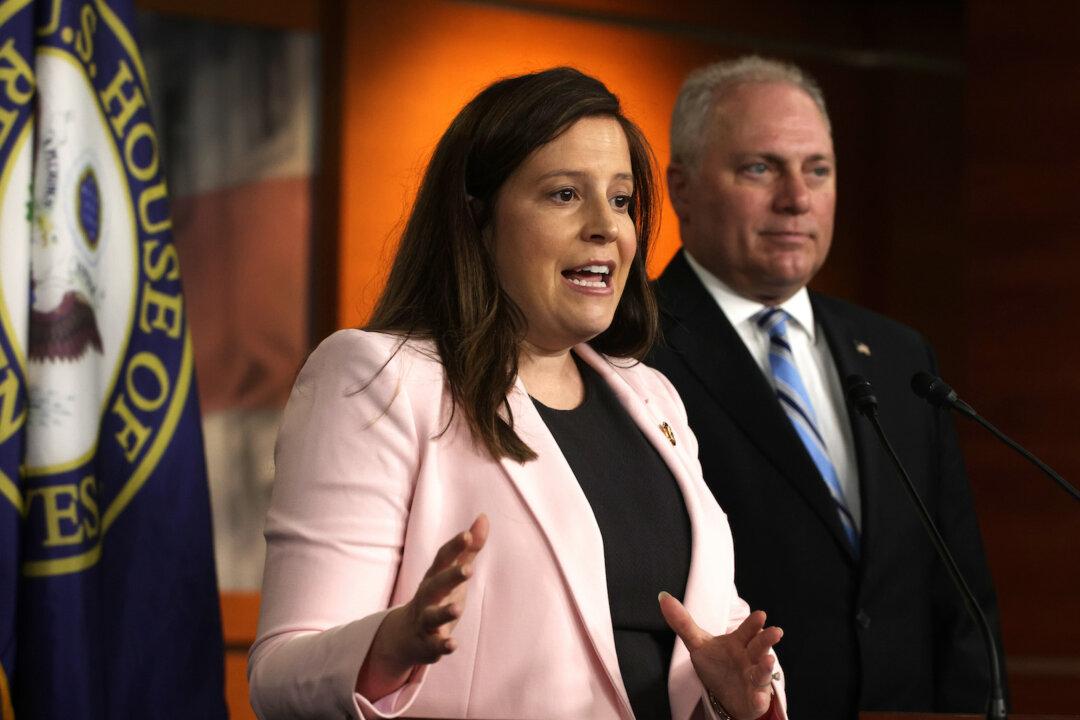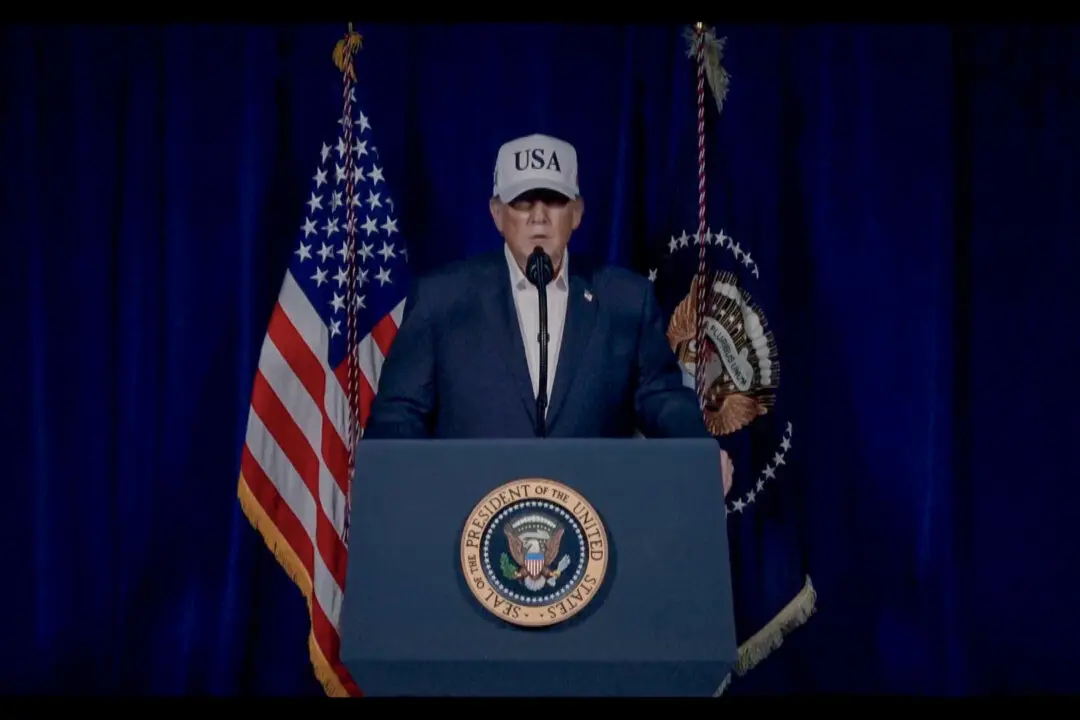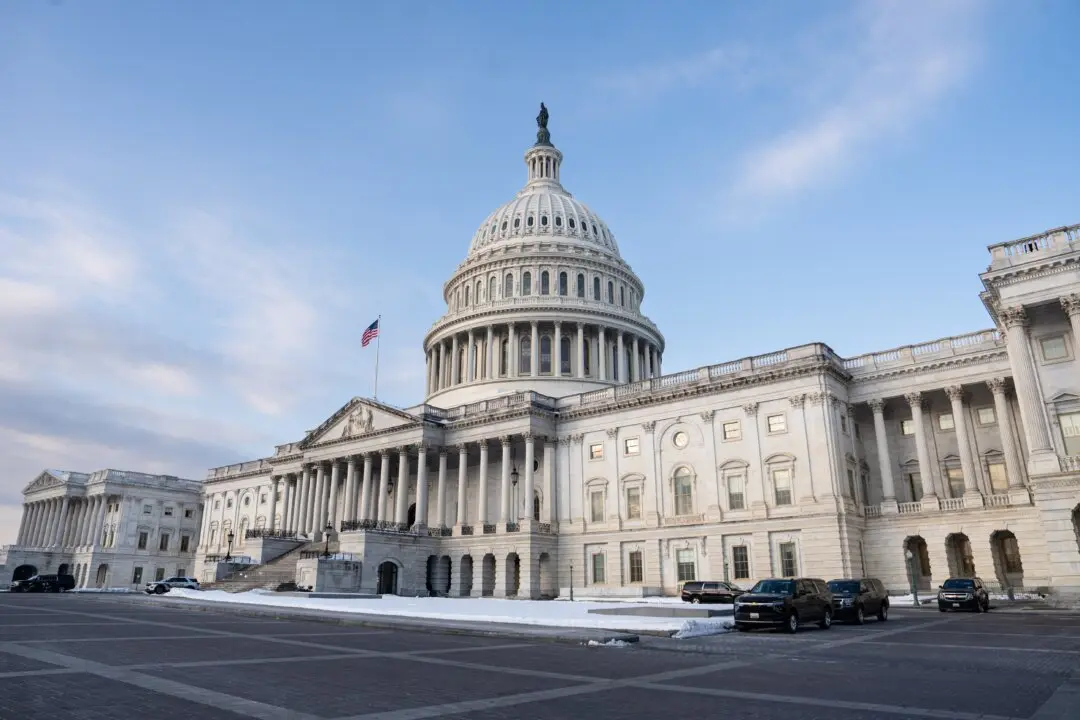Republicans are demanding that the White House release a transcript of President Joe Biden’s conversation with Ukrainian President Volodymyr Zelensky, after unconfirmed reports claimed that Biden told Zelensky that Kyiv would soon be “sacked” by Russian forces.
The allegations originated with CNN senior national security correspondent Alexander Marquardt, who reported the conversation in a Twitter post. According to Marquardt, the information was relayed by an unspecified senior Ukrainian official.





